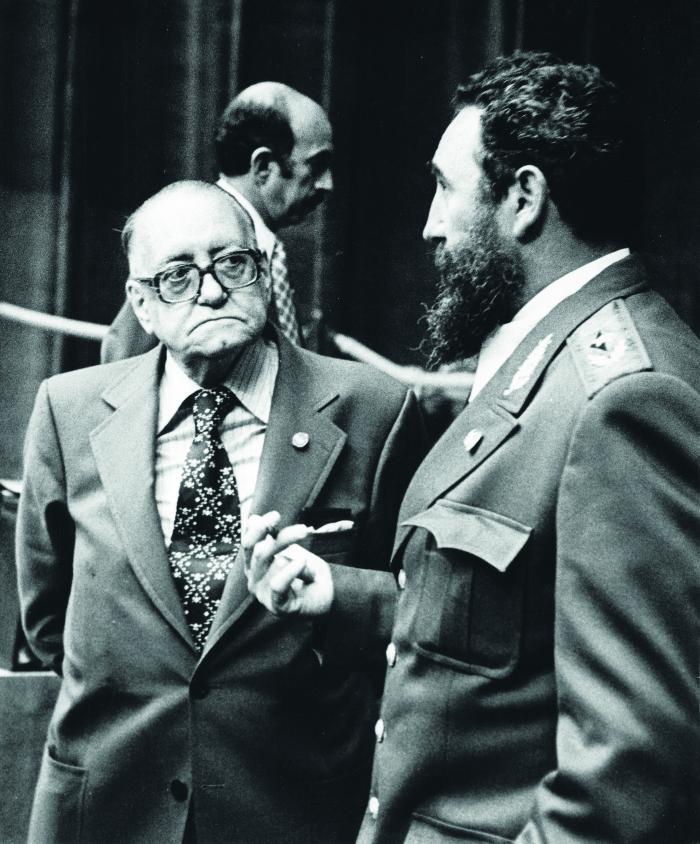
Almost at the beginning of Alejo Carpentier's beautiful and disturbing novel, The lost steps, the protagonist arrives at a concert hall, and while the instruments of a symphony orchestra are being placed, he thinks:
"...under the covers of the particellas were stamped in signs the mandates of men who even when dead, lying under pompous mausoleums or bones lost in the sordid disorder of the common grave, retained property rights over time, imposing lapses of attention or fervor on the men of the future."
Rereading the passage, it is impossible to avoid the parallelism between those great musicians and the writer: 120 years after his birth, Carpentier continues to capture the attention of readers (for joy, or for research purposes) and to arouse the fervor of admiration and enthusiasm. It is not difficult to foresee that this right of his to appropriate time will continue in successive epochs.
Everyone will give their own reasons after the intimate act of reading, but it is not possible to ignore that Carpentier was a genius, for his style, for his innovations, for the depth of his literary, historical and philosophical approaches; in short, for the creation in almost all his books of powerful, rounded, transforming universes for others.
He was, in addition, a hard-working, multifaceted man, dedicated to the dreams he believed to be valid. At the other extreme of the stereotypical vision of him that has gained space, of a meditative sage with a crushing lexicon, his close friends described him as a man shy with strangers and very cheerful in confidence, without slander, always with something positive to say about friends and adversaries.
Alejo decided to abandon comforts to return to the Island and risk his luck with the young wonderful real Revolution. He joined the Communist Party and devoted his many efforts, including literary ones, to the cause until his death.
Evoking him, his friend Roberto Fernández Retamar brought us closer to the essence of the author of Viaje a la semilla: "What was most impressive in the proximity of that creator of genius, of that unfathomable sage was that, crowning his virtues, he was, to put it in the words of Antonio Machado, a man "in the good sense of the word, good". Beethoven had already written that he knew no superiority other than goodness. Goodness was the apex of Alejo's greatness".






